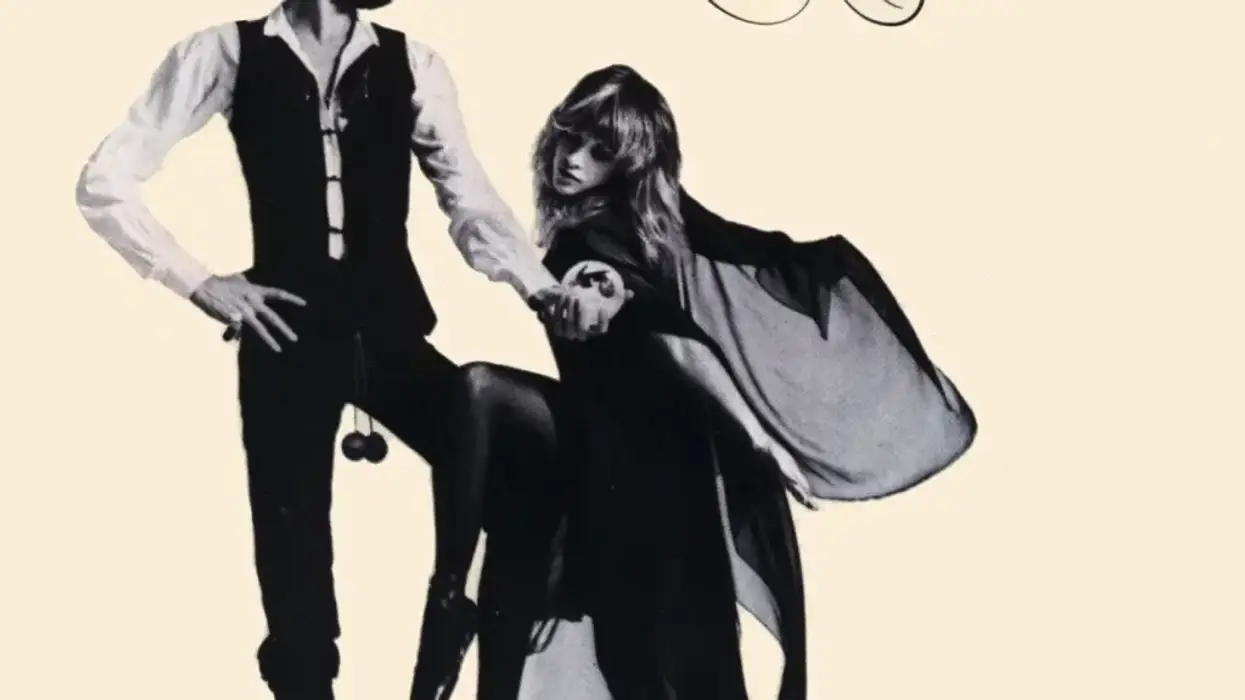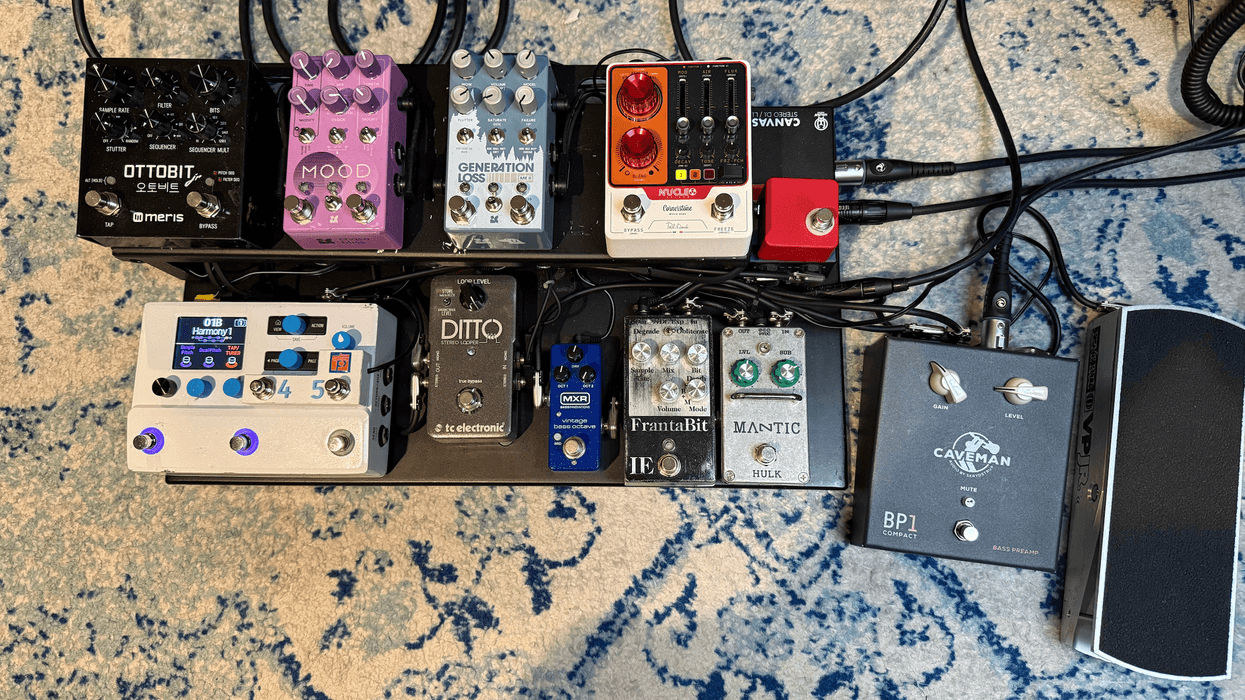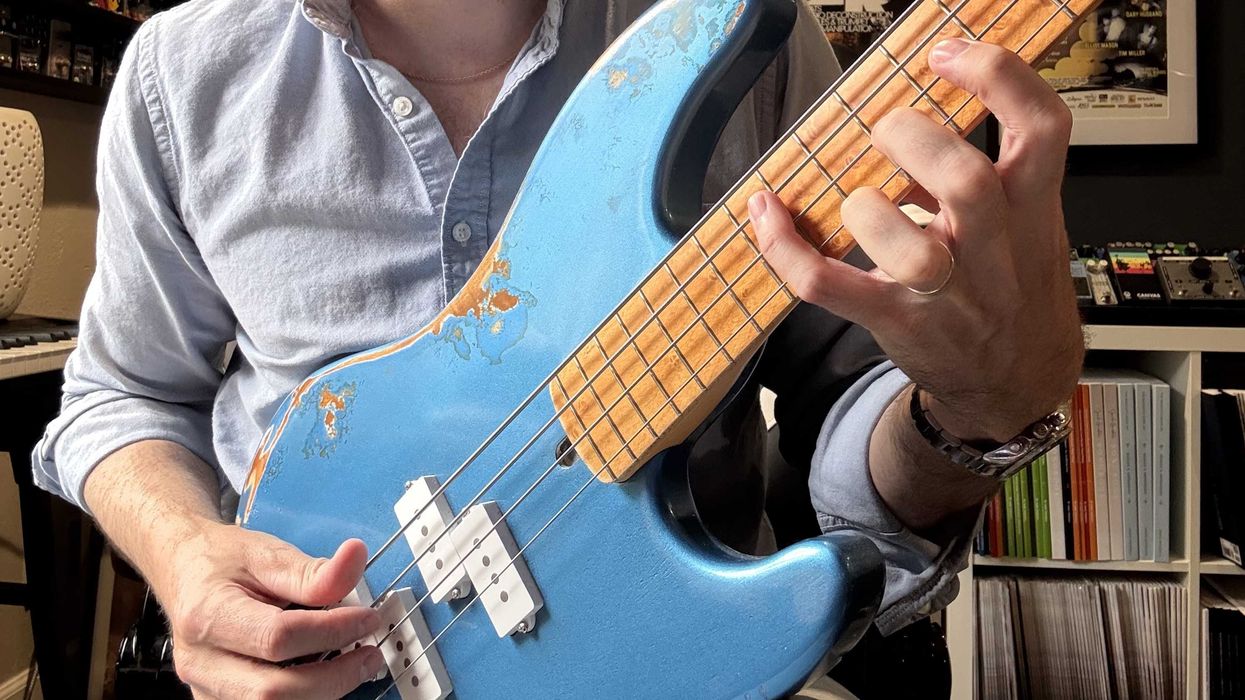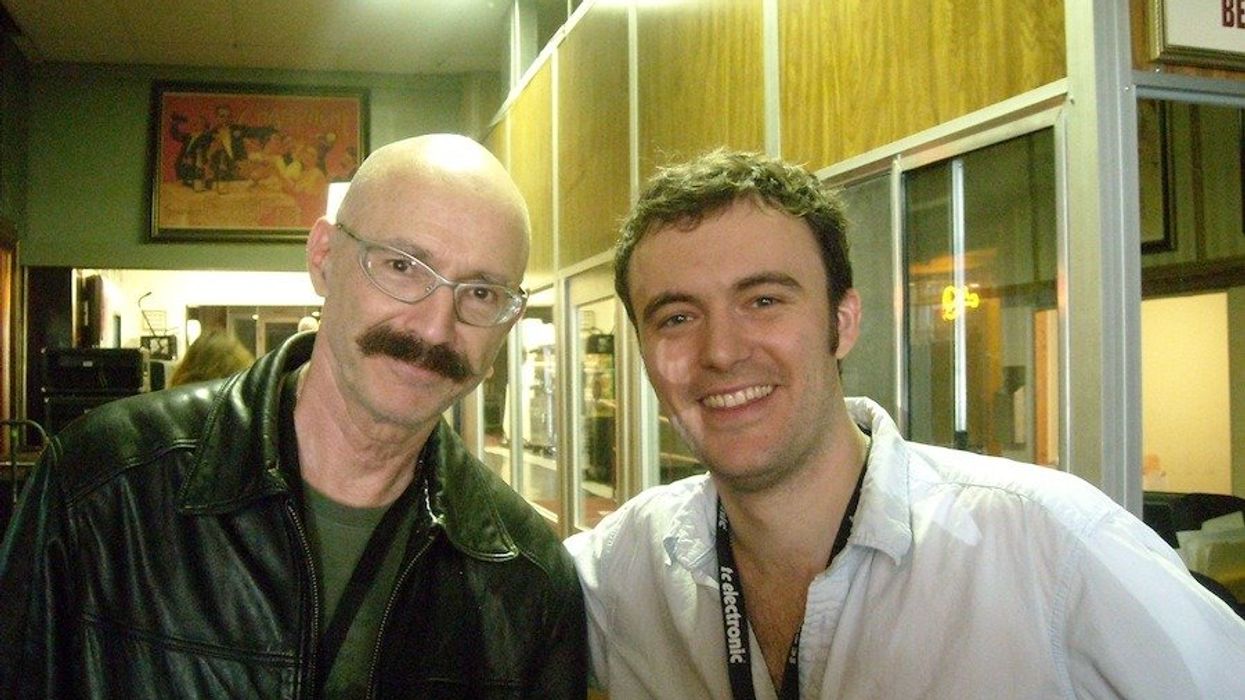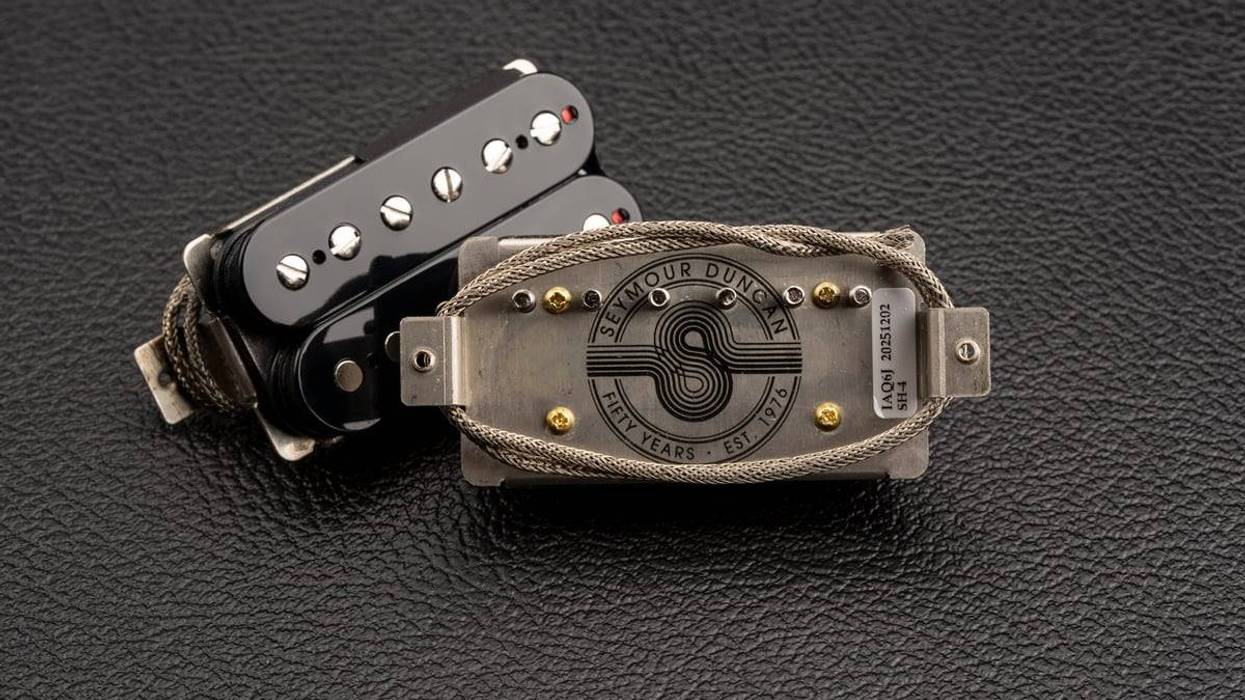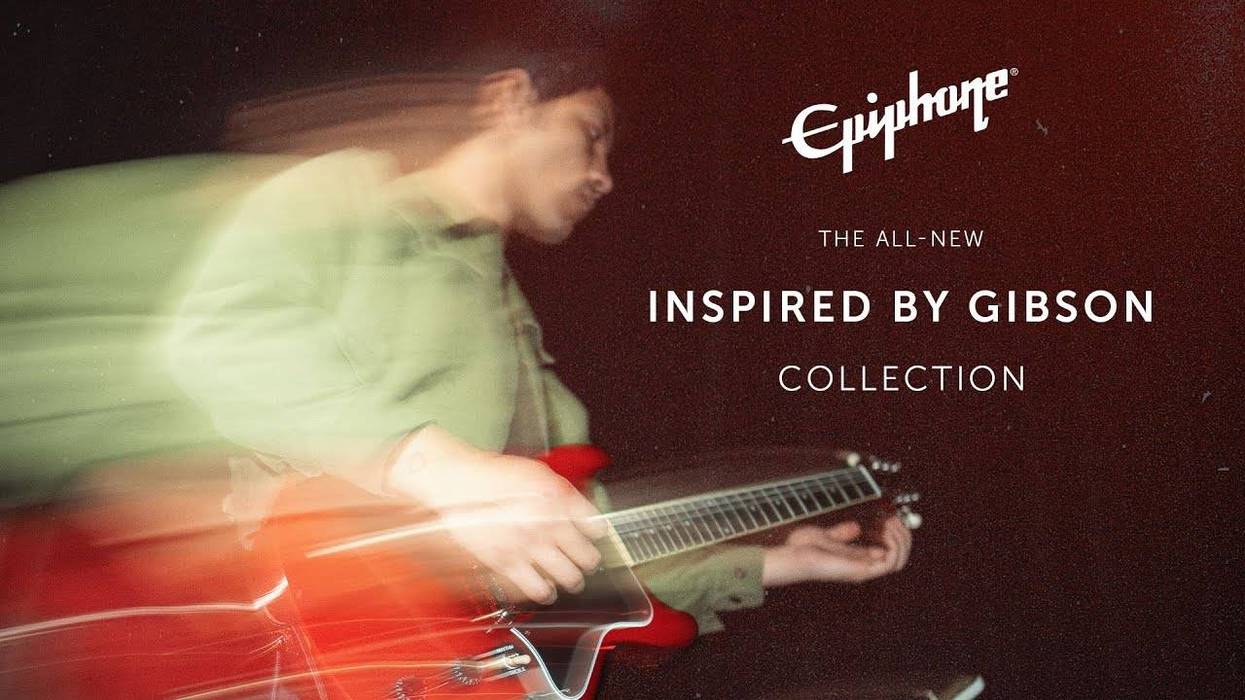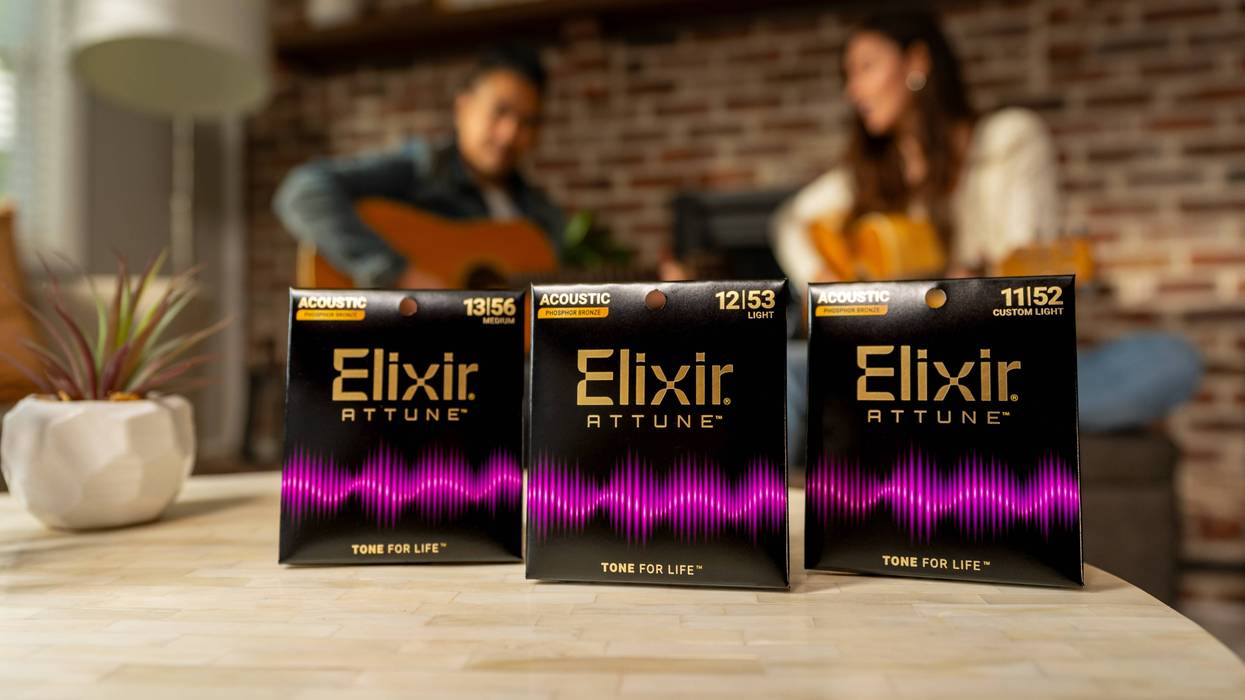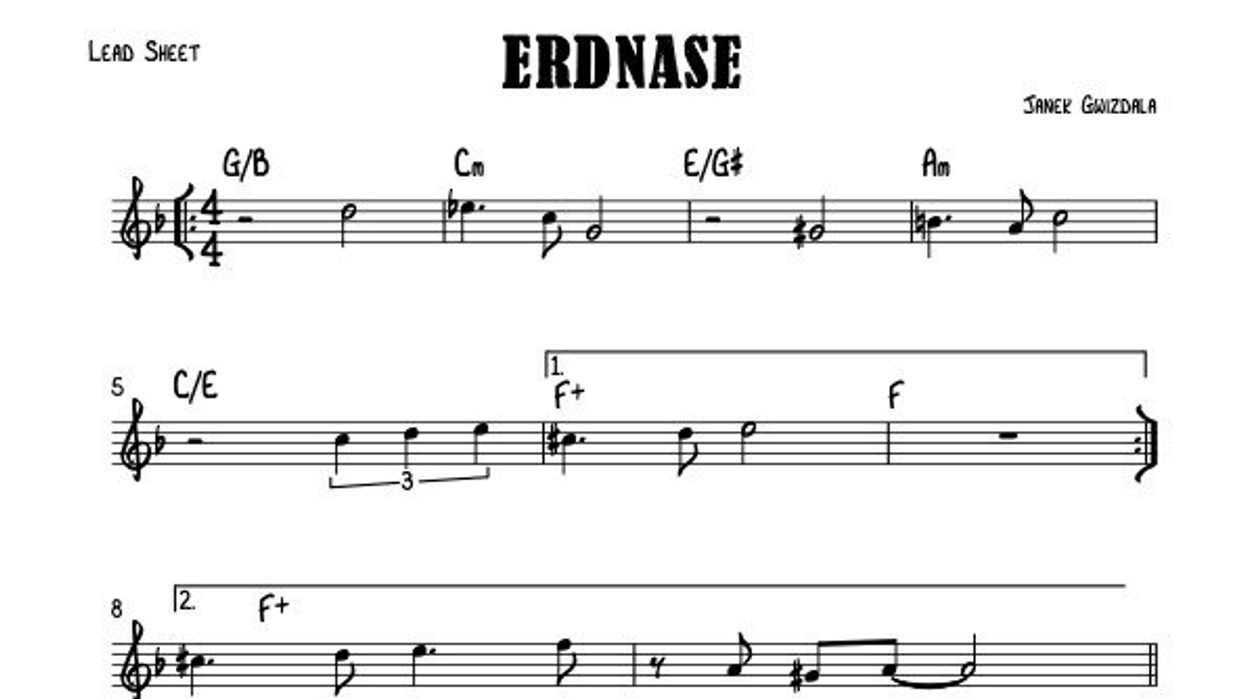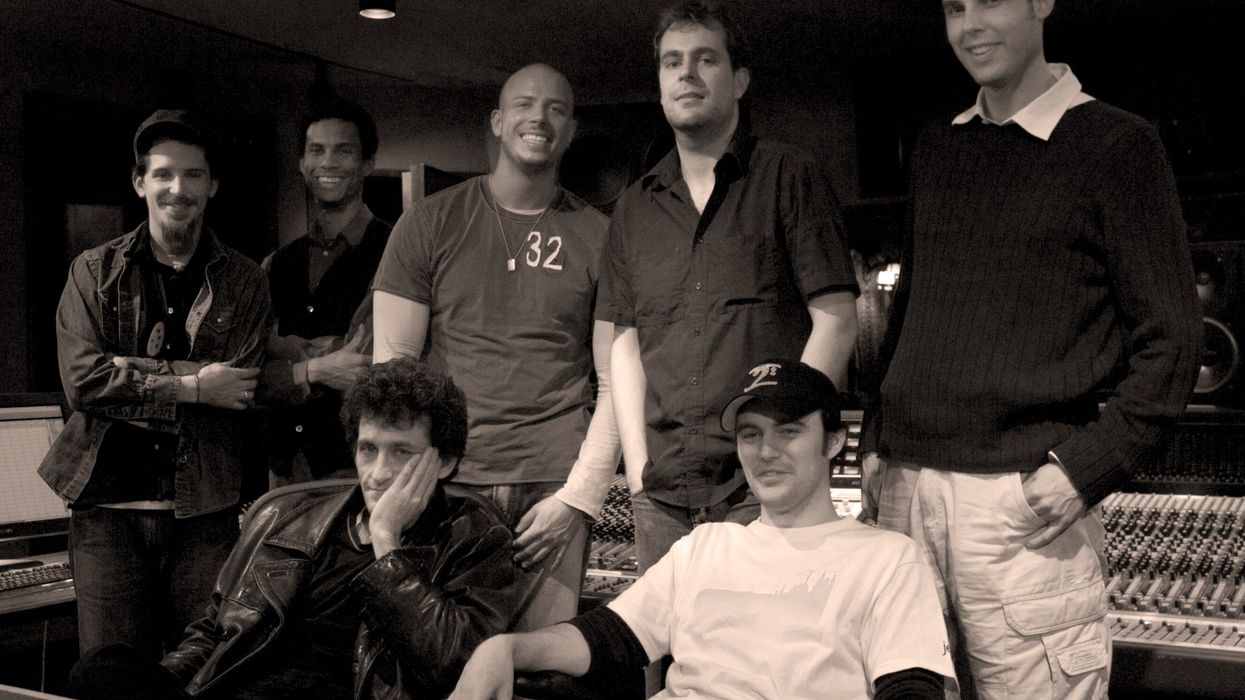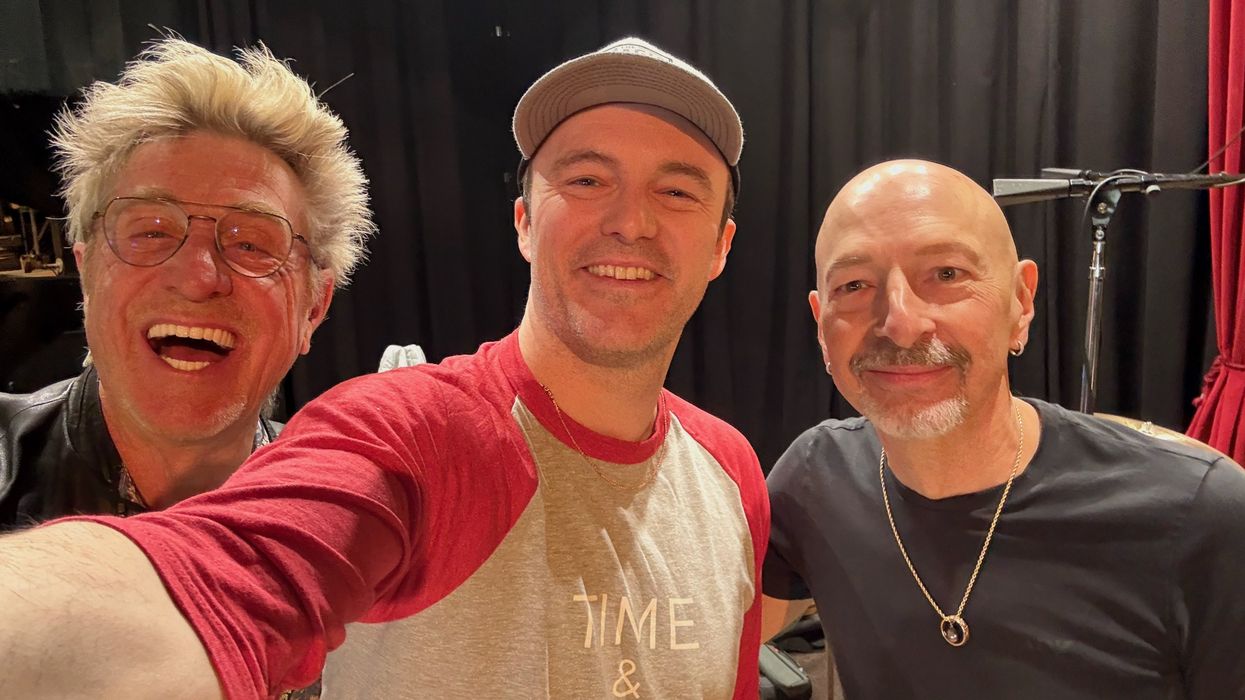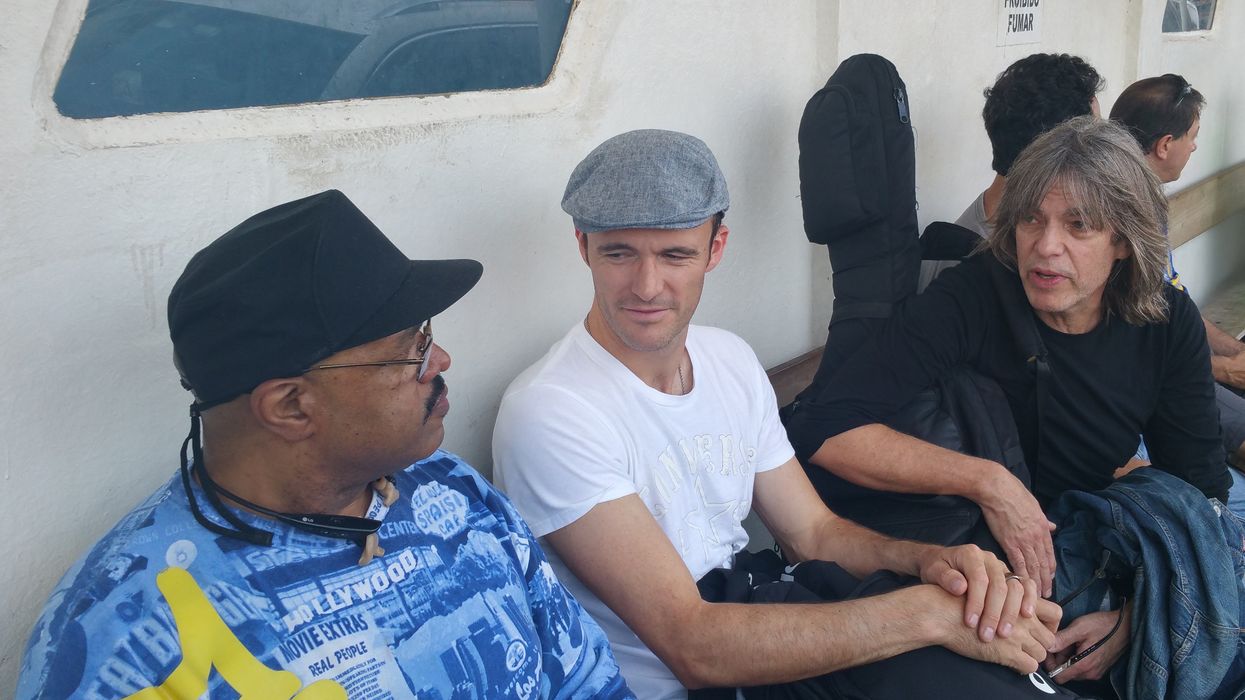When you first picked up the bass, did you know you would end up being your band’s secret badass? Admittedly, it’s a strange kind of badassery, in that you don’t need to brag or be cocky. It’s simply the quiet confidence of knowing that you’re not just driving the musical train, you’re the engine.
Many of us are more than content hanging back from center stage and driving from the rear, choosing instead just to make folks move by improving the groove, all while having little to prove. Of course, this doesn’t describe every bass player. But if the shoe fits, there can be a flip side: Having a play-it-cool personality can sometimes mean playing it too cool. Some of us struggle with self-promotion and owning our contributions to the music. But your creative input is worth something. Modesty to the point of undervaluing your creativity can lead to less money in the bank, especially when it comes to your contributions to songwriting.
Of all the possible income streams, songwriting—and related publishing income—has always been the real golden goose of the music biz. Think about it: The most prosperous bassists, say, the Paul McCartneys and Stings of the world, wrote much of their respective band’s material. That’s one of the reasons the non-songwriter players, typically the bassist (and maybe the drummer, too—looking at you, Ringo) are often the least financially successful members of the band. Of course, you can earn a pretty good living on bass without songwriting, but having even partial credit for cocreating a song is worth claiming if you pitched in ideas that go beyond following a chart with groove and panache. There’s more than one way to handle this; some bands, like U2 and the Red Hot Chili Peppers, split the music writing credit equally.
Note that, in the U.S., copyright law covers the melody and the lyrics. Generally speaking, it doesn’t cover chord progressions, arrangements, or parts. (Which is why the 2015 jury verdict supporting Marvin Gaye’s heirs’ allegation that Pharrell Williams and Robin Thicke’s “Blurred Lines” infringed on Gaye’s “Got to Give It Up” was so messed up—but I digress.)
“If you create a part that is fundamental to the song’s structural foundation, or that takes the song in a new direction, like sketching out a new prechorus or bridge, you may be doing more than adding to the arrangement.”
But that doesn’t mean you have to be McCartney banging out “Scrambled Eggs” on piano to be involved in a song’s creation. Bass players have as many good creative ideas as anyone. The key to getting credit is in (1) knowing when one of your musical ideas rises to the level of songwriting, and (2) speaking up about it.
Let’s take a look at a couple of contrasting examples from Fleetwood Mac. John McVie’s grim, minor riff at the end of “The Chain” from 1977’s Rumours largely defines that section of the song. The composition as a whole simply wouldn’t be the same without it. That’s probably why he shares a songwriting credit with his bandmates—one of his few songwriting credits with the band.
Compare that with Christine McVie’s composition “Say You Love Me,” from the previous album, 1975’s Fleetwood Mac. When the chorus arrives, John McVie launches into a clever countermelody that dances up, down, and around the vocal while hitting all the necessary harmonic beats. (If you don’t know what I’m talking about, pause right now and go appreciate this nugget of low-end gold.) Arguably, the bass on the “Say You Love Me” chorus is more substantive musically than the “Chain” riff. It’s an awesome arrangement ingredient, but is it essential to the composition? Could a singer/guitarist kumbaya their way through a solo acoustic rendition without including that part? Sadly, the answer is yes, they absolutely could. No songwriting credit for Mr. McVie.
There are countless examples of brilliantly composed bass lines—consider McCartney’s carefully crafted part on George Harrison’s composition “Something,” or Rufus bassist Bobby Watson’s incredible performance on Michael Jackson’s “Rock with You,” or pretty much any Motown track with James Jamerson—that don’t merit songwriting credit.
If you play originals or back up original artists onstage or in the studio, there may be times when you’re called on to do more than interpret a chord chart. If you create a part that is fundamental to the song’s structural foundation, or that takes the song in a new direction, like sketching out a new prechorus or bridge, you may be doing more than adding to the arrangement. You’re participating in the songwriting.
If that’s the case, it could be time for a delicate conversation with your cowriter(s), whether that’s the artist or bandleader, the producer, or your bandmate. I have talked with pro players with hit songs who sometimes agonize over this part of the job, or at least play it very carefully, so as not to eliminate themselves from future work. But if you do create something that’s essential to the composition and decide to assert yourself and stake your claim for a share of the songwriting splits, be fair, be cool, and get it in writing. Just remember that you are a badass, and get to it.


